
Inneürope: The Only Spanish Partner in the EIT Digital European Program
Valencia, July 01, 2025 – Our city continues to strengthen its position as a hub for international entrepreneurial talent, thanks to the strategic role of

Valencia, July 01, 2025 – Our city continues to strengthen its position as a hub for international entrepreneurial talent, thanks to the strategic role of
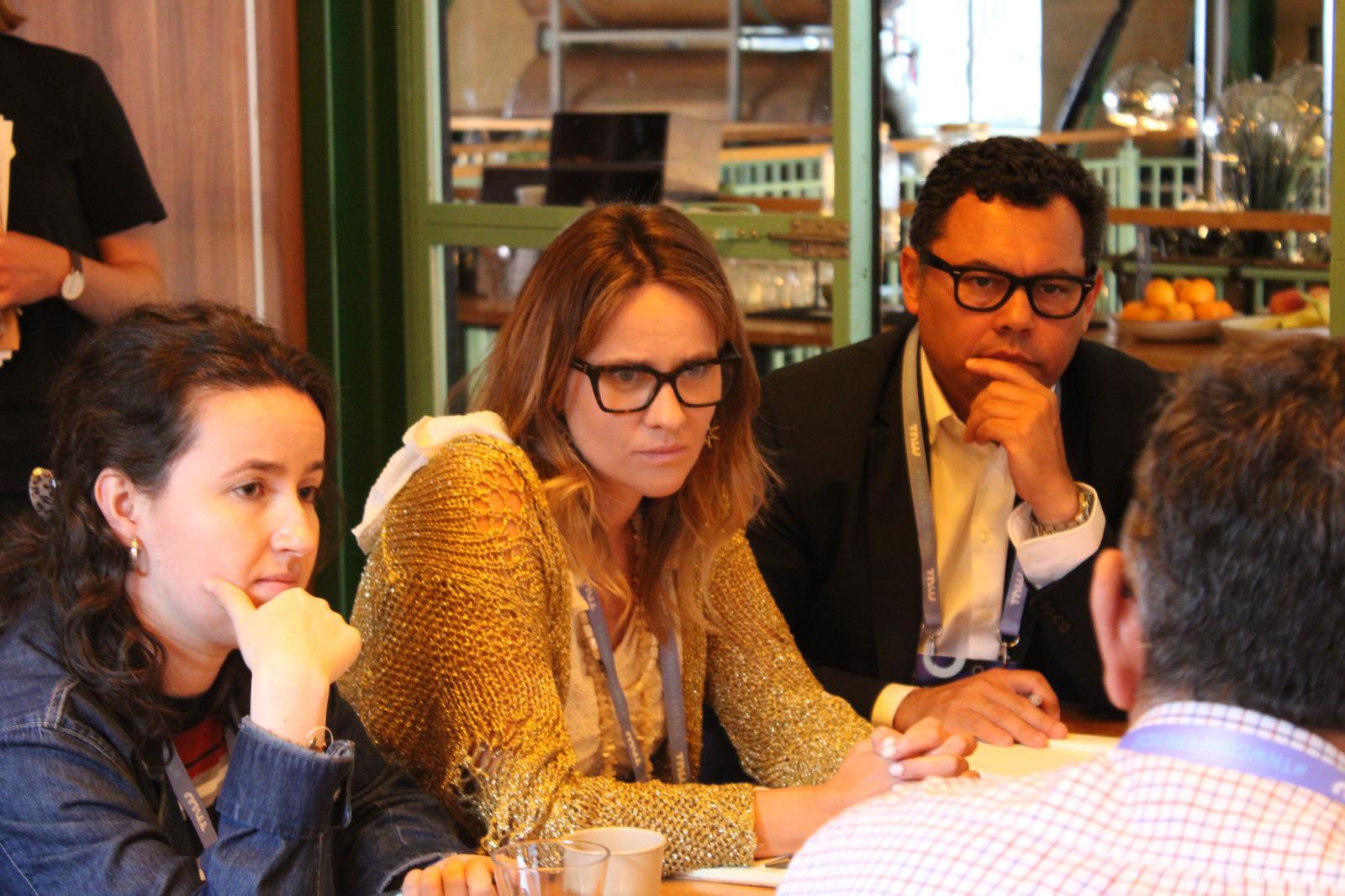
Valencia, June 26, 2025 – Invest in Valencia took part in The Assembly, the strategic forum held during TNW Conference in Amsterdam, which brought together

Valencia, June 24, 2025 – In 2024, the city hosted over 40 international congress and conventions, bringing together more than 40,000 professionals from strategic sectors
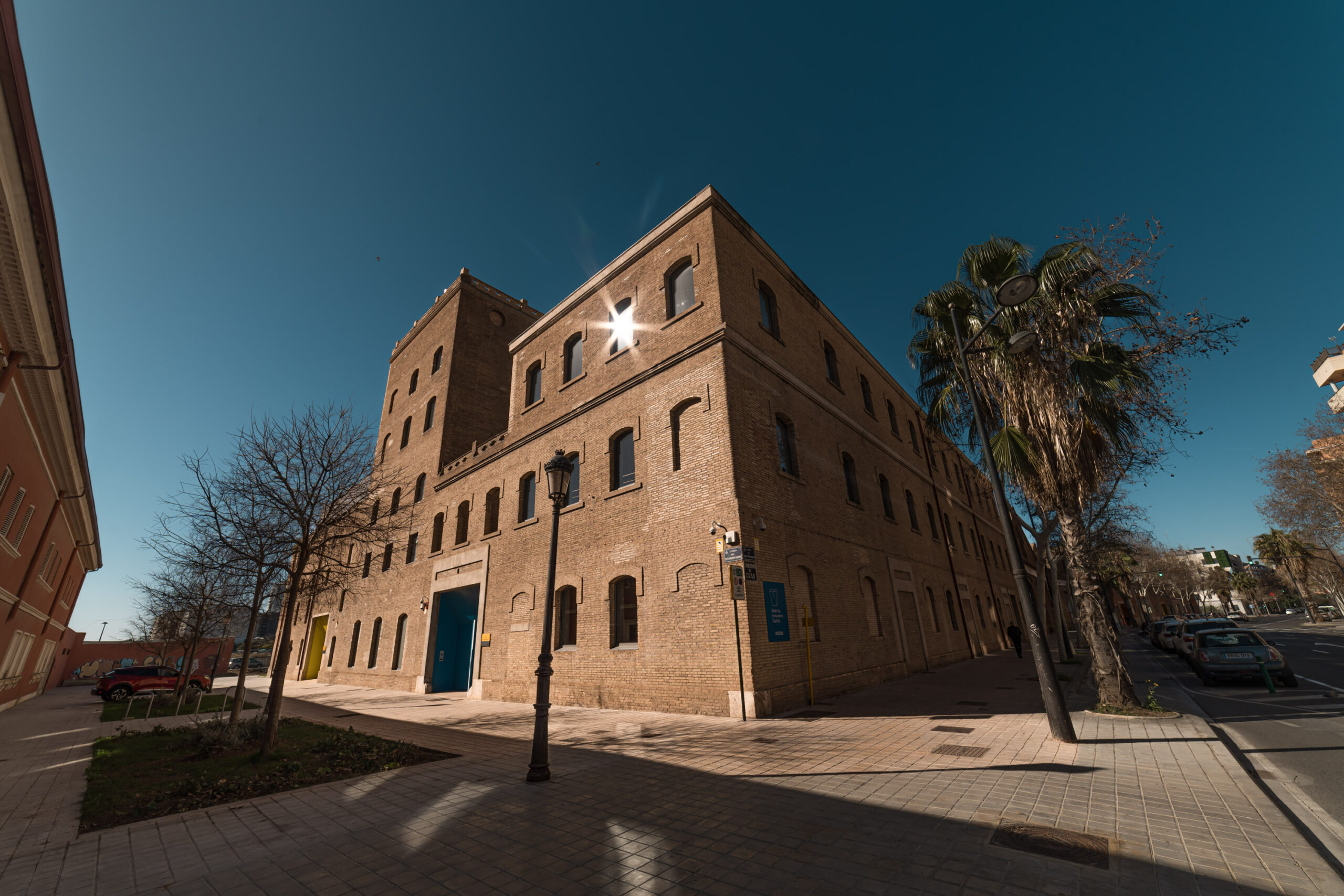
Valencia, June 19, 2025 – Microsoft will develop a pilot project within the framework of Valencia’s Urban Sandbox, a pioneering initiative designed to test emerging
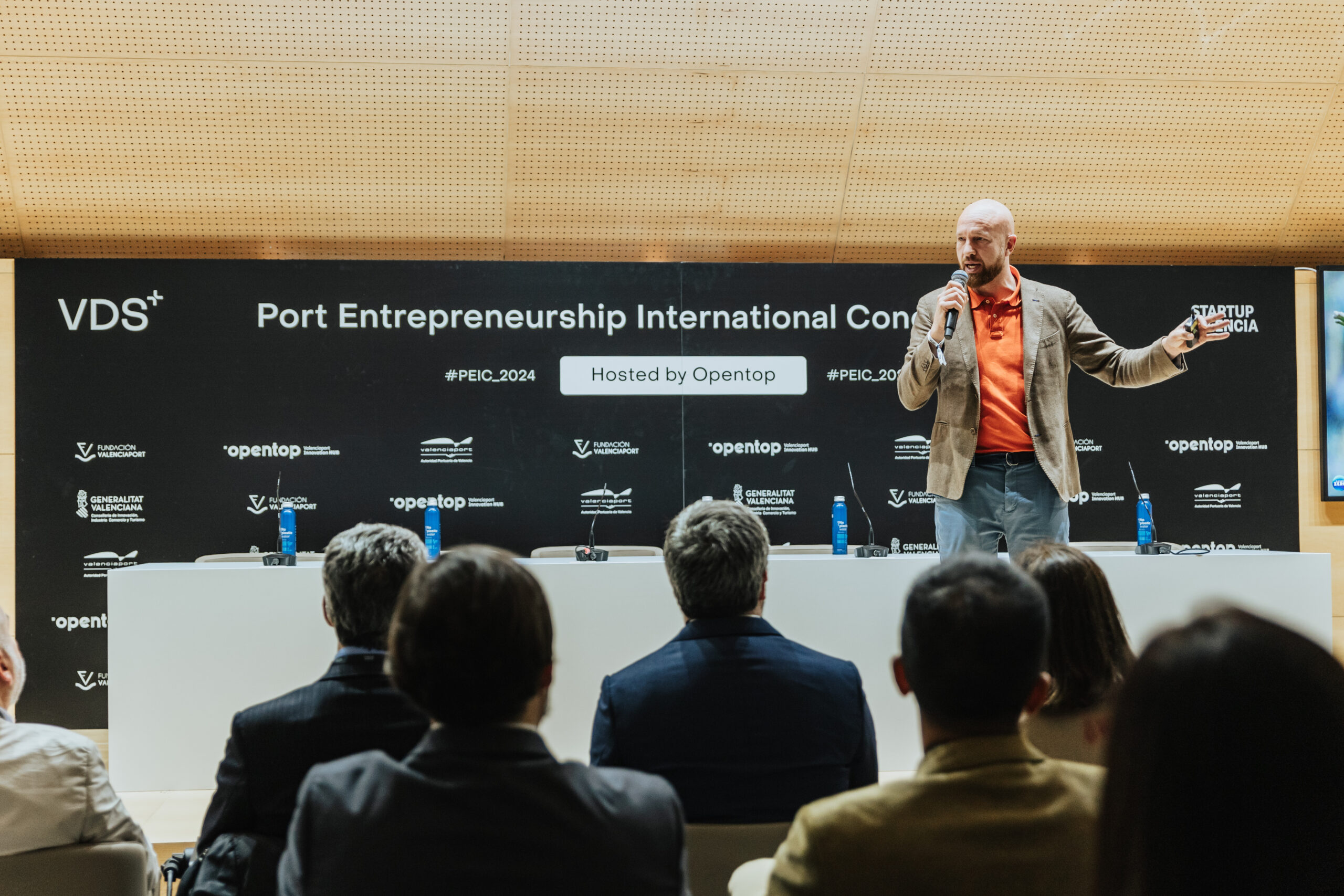
Valencia, June 17, 2025 – Opentop, the innovation hub of Valenciaport, has officially launched its call for startups, scale-ups, and tech SMEs interested in participating

Valencia, June 12, 2025 – On June 10, the Japanese company Shibata Fender Team officially inaugurated its new production plant in the Sollana Industrial Park

Valencia, July 01, 2025 – Our city continues to strengthen its position as a hub for international entrepreneurial talent, thanks to the strategic role of
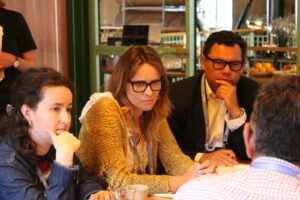
Valencia, June 26, 2025 – Invest in Valencia took part in The Assembly, the strategic forum held during TNW Conference in Amsterdam, which brought together

Valencia, June 24, 2025 – In 2024, the city hosted over 40 international congress and conventions, bringing together more than 40,000 professionals from strategic sectors
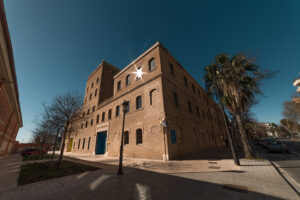
Valencia, June 19, 2025 – Microsoft will develop a pilot project within the framework of Valencia’s Urban Sandbox, a pioneering initiative designed to test emerging
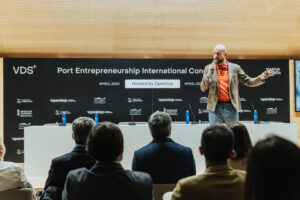
Valencia, June 17, 2025 – Opentop, the innovation hub of Valenciaport, has officially launched its call for startups, scale-ups, and tech SMEs interested in participating

Valencia, June 12, 2025 – On June 10, the Japanese company Shibata Fender Team officially inaugurated its new production plant in the Sollana Industrial Park
Would you like to be kept up to date with the most important news and events
in innovation, technology and investment in our city?
Subscribe to our newsletter and you won’t miss a single one.